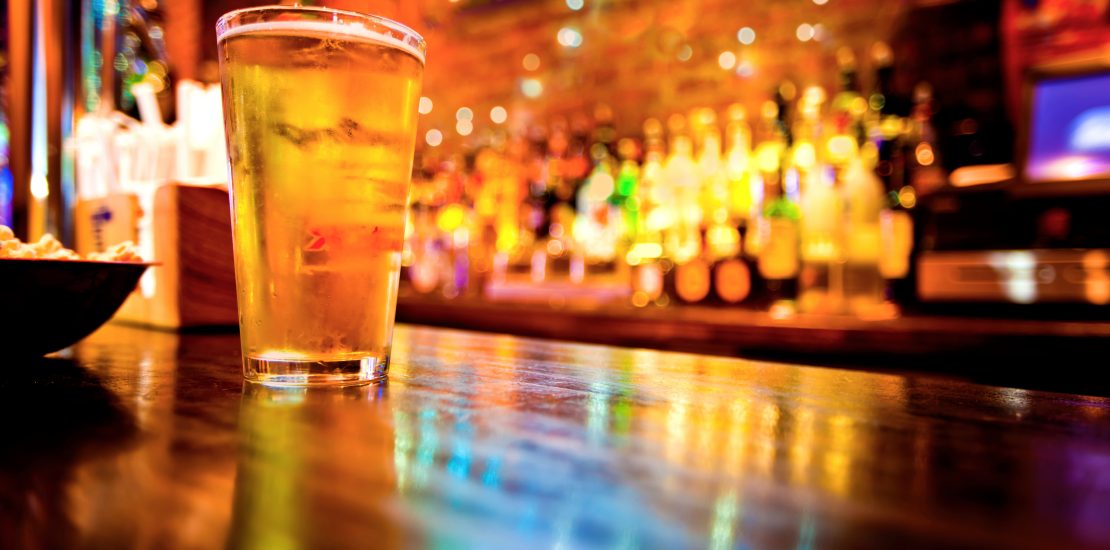You’ll need a premises licence if you want to sell alcohol or offer entertainment from a particular venue. A barrister can be a valuable asset when making an application for a license for your business.
Here are some of the ways a barrister can assist you in this process:
- Legal Expertise: Barristers specialise in legal matters, and they have a deep understanding of the laws and regulations surrounding alcohol licensing. They can provide expert advice on the specific requirements and conditions you need to meet for obtaining a premises licence.
- Application Preparation: Barristers can help you prepare a thorough and well-structured application. They understand the legal language and requirements, ensuring that your application is complete and complies with all relevant regulations. This can increase the likelihood of your application being approved.
- Navigating Legal Issues: If there are any legal issues or obstacles that may complicate your application, a barrister can identify and address them. They can advise you on how to overcome challenges and navigate any legal hurdles that may arise during the licensing process.
- Representation in Hearings: In some cases, there may be a need for a hearing or a review by a licensing authority. A barrister can represent you during these proceedings, presenting your case effectively and ensuring that your interests are protected. They can argue your case persuasively, addressing any concerns raised by the licensing authority.
- Legal Compliance: Ensuring that your business complies with all relevant laws and regulations is crucial. A barrister can help you understand and adhere to these requirements, minimising the risk of legal issues in the future.
- Appeals and Reviews: If your application is initially denied, a barrister can help you appeal the decision or seek a review. They can present a compelling case to demonstrate why your business should be granted an alcohol license, addressing any concerns raised by the authorities.
- Risk Management: Barristers can assess the legal risks associated with your business and help you implement strategies to manage and mitigate those risks. This includes advising on best practices to avoid legal issues related to licensing.
- Negotiation Skills: In some instances, negotiations with local authorities or other stakeholders may be necessary. A barrister can use their negotiation skills to advocate for your business and reach favorable agreements that facilitate the licensing process.
Before engaging a barrister, it’s essential to choose one with experience in alcohol licensing matters. They should be familiar with local regulations and have a successful track record in helping businesses obtain alcohol licenses.
When it comes to a premises license, what additional support could a barrister give that a solicitor may not be able to provide?
While both barristers and licensing solicitors can offer valuable support in the process of obtaining a premises license, there are certain aspects where a barrister may provide additional assistance or bring unique strengths to the table:
- Advocacy in Hearings: Barristers are often trained in advocacy and may have more experience representing clients in formal hearings. If your alcohol license application involves a contested hearing or if you need strong representation before a licensing committee, a barrister can excel in presenting your case persuasively.
- Courtroom Experience: If your licensing matter escalates to the courts or involves legal proceedings, a barrister is specifically trained to present cases in court. They have courtroom experience and are accustomed to arguing cases before judges and magistrates. This can be particularly beneficial if your case goes beyond the licensing authority and enters the judicial system.
- Specialised Legal Analysis: Barristers often specialise in specific areas of law. If your license application involves complex legal issues or if there are unique circumstances, a barrister with expertise in licensing law can provide specialised legal analysis and insights that may go beyond the scope of a general licensing solicitor.
- Independent Legal Advice: Barristers typically provide independent legal advice, and their role is often more focused on presenting legal arguments and providing strategic guidance. While licensing solicitors can offer legal advice as well, the advocacy-centric nature of a barrister’s role may bring a different perspective to the legal strategy.
- Strategic Decision-Making: Barristers are often consulted for their strategic thinking and legal analysis. They can help you make informed decisions about your case, assessing risks and benefits and providing guidance on the best course of action to achieve your licensing goals.
- Legal Research and Analysis: Barristers are skilled in legal research and analysis. If your alcohol license application involves novel legal issues or requires in-depth research, a barrister can bring a high level of legal expertise.
- Appeals and Judicial Review: If your licensing application is denied, a barrister can assist in the process of appealing the decision or seeking judicial review. They are well-versed in the procedures and legal arguments necessary for challenging administrative decisions in higher courts.
It’s important to note that the distinction between the roles of barristers and solicitors can vary based on legal systems (e.g., the UK legal system has a more distinct separation between barristers and solicitors). In some jurisdictions, the roles may overlap to some extent. When seeking legal support for a license application, consider the specific requirements of your case and the strengths of the legal professional in question.

